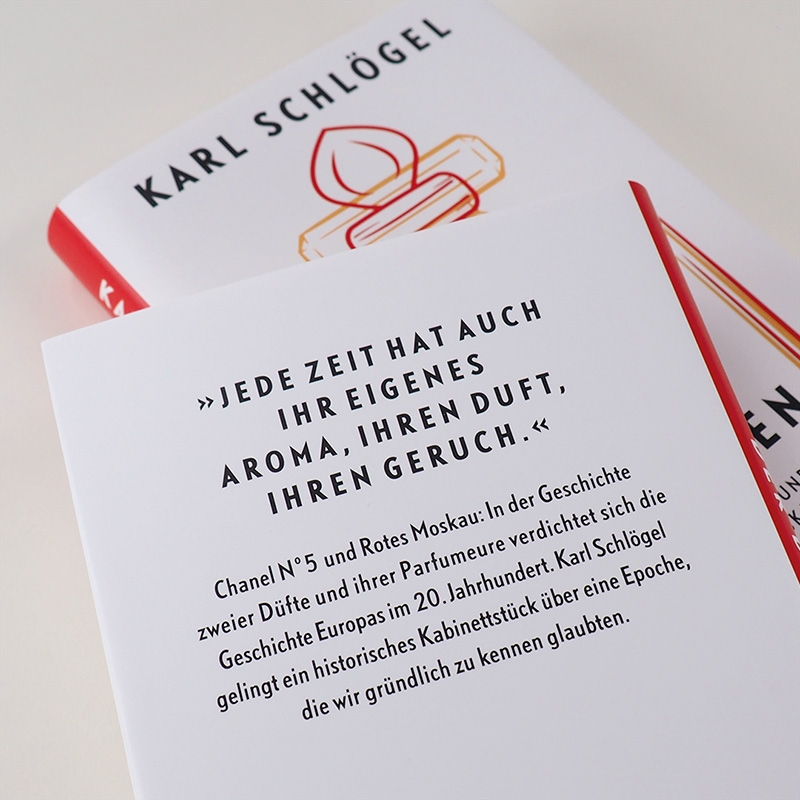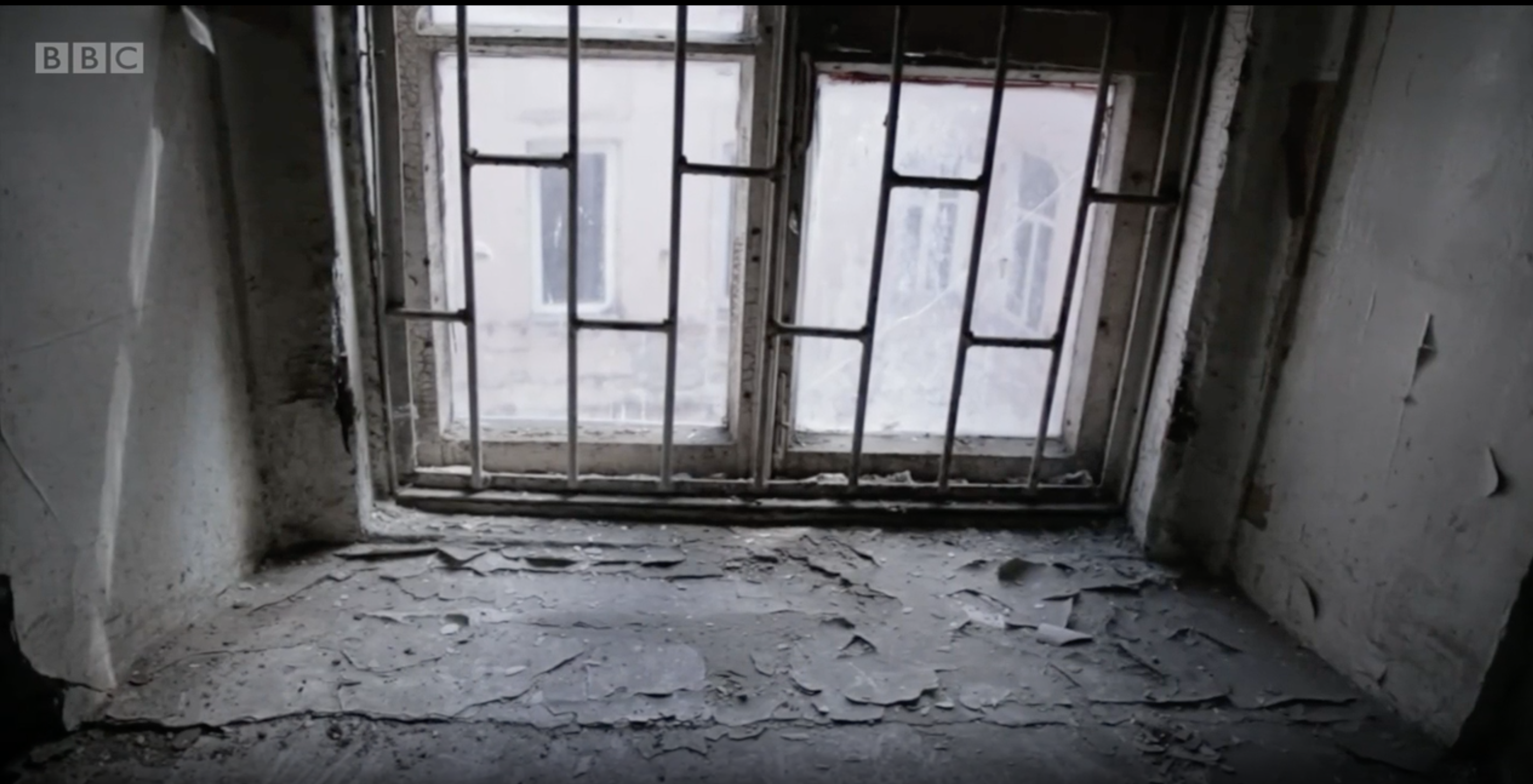“I switch perfumes all the time. If I’ve been wearing one perfume for three months, I force myself to give it up, even if I still feel like wearing it, so whenever I smell it again it will always remind me of those three months. I never go back to wearing it again; it becomes part of my permanent smell collection…Odors are at once evocative and suggestive, redolent with significance.”
-Â ANDY WARHOL
Continue reading Idiosyncratic mnemo technique →
“Face-to-face interaction penetrates in a gaseous form into our most intimate inner being. The current Coronavirus outbreak surfaces a forgotten concept of communication that is deeply ingrained in culture: Face-to-face communication is a miasmic intercourse.”
– CLAUS NOPPENEY
Continue reading Miasmic intercourse →

“The scent of empires: Chanel Nº 5 and Red Moscow” is the title of a new book by the noted German historian of Eastern Europe Karl Schlögel. Continue reading Chanel 5 & world history →

The sense of smell can be an instrument of political protest as this current example shows. An investor wants to re-use a former site of terror in Moscow for a perfume store.
Continue reading Political protest: “Scent of Terror” →
“If olfaction were his most important sense, man’s linguistic incapacity to describe olfactory sensations would turn him into a creature tied to his environment. Because they are ephemeral, olfactory sensations can never provide a persistent stimulus of thought. Thus the development of the sense of smell seems to be inversely related to the development of intelligence.” – ALAIN CORBIN
Continue reading Cognitive impotence →

27 January is the day for everyone to remember the millions of people killed in the Holocaust, Nazi Persecution and in subsequent genocides in Cambodia, Rwanda, Bosnia, and Darfur. The Holocaust Memorial Day 2020 marks 75 years since the liberation of Auschwitz-Birkenau. On this day I take the liberty to share a few lines I recently discovered in a book by Marcus Smith. Continue reading “A stench beyond experience” →
“Taste, smell, as well as hunger, thirst, nausea, and other so-called ‘common’ sensations need not be touched on in this book, as almost nothing of psychological interest is known concerning them.” – WILLIAM JAMES
Continue reading Psychological irrelevance →

Digital culture seems to epitomize a scentfree world. Information technologies are clean. The sense of smell seems to be the outsider of a digital world. Isn’t this part of the story we tell about progress and a postindustrial society?
Continue reading Smelling digital culture →

Carlos RamÃrez-Pantanella is a Spanish architect and artist who has recently produced Madrid MDCXXXV (1635), an olfactory installation at Lope de Vega’s Home-Museum in Madrid. The installation attempts to reconstruct the olfactory atmosphere of Spanish Golden Century. Continue reading Madrid MDCXXXV (1635) at Lope de Vega’s Home-Museum →

The city of Bern runs a lively blog that monthly discusses business related issues in the economic area of the Swiss capital. Through it, a diverse selection of people from business, culture, civil service and society engage in public discourse. In this context, Claus Noppeney identifies “olfactory milestones” in the remarkable history of the city and shows how this tradition leads to current product innovation. Continue reading A Nose for Innovation: A Bernese Tradition? →
Thought leadership, talks, workshops, cultural production & consulting in an experiential & aesthetic economy Bern, Zürich, Schweiz





